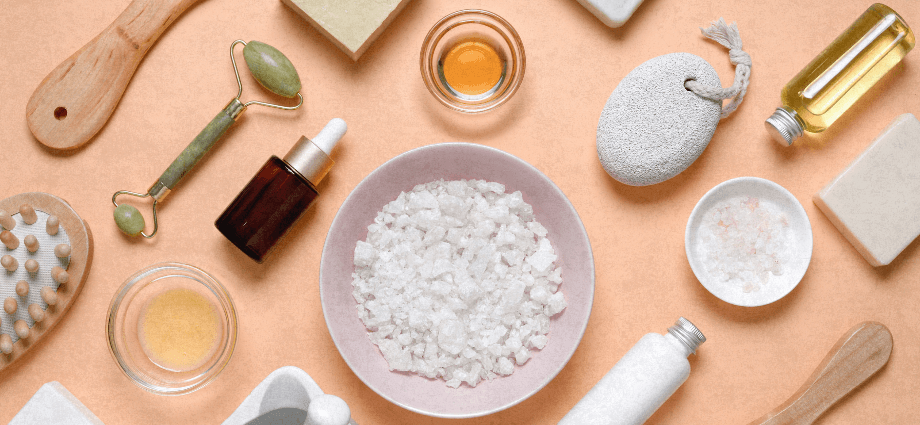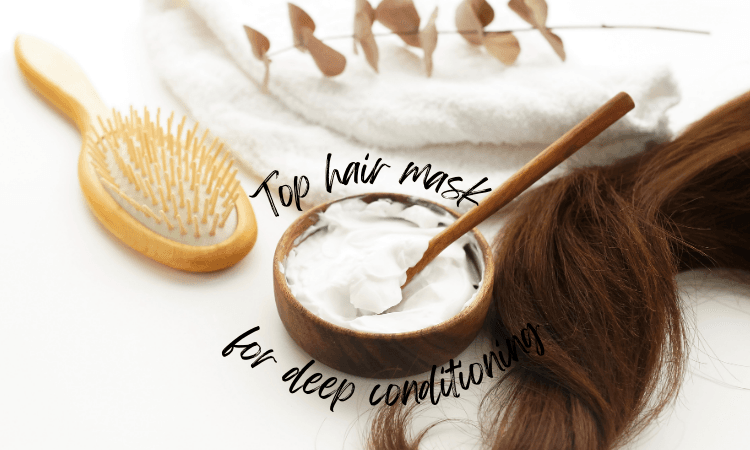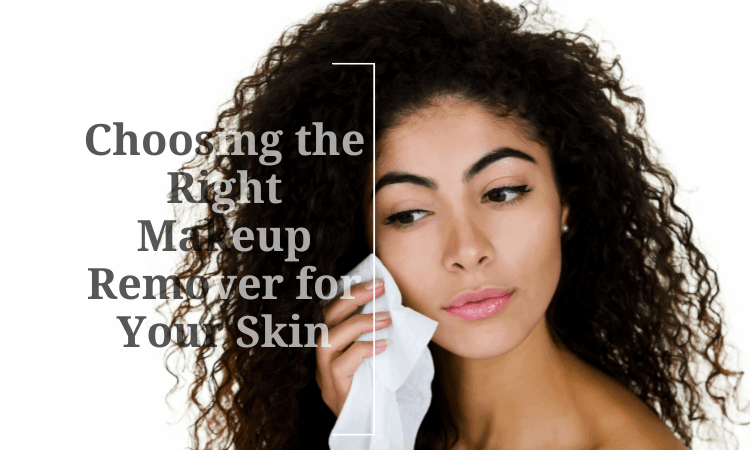Proper storage and care of your skincare products are essential to ensure that they remain effective and safe for use. If your skincare products are not stored correctly, they may lose their potency, change in texture, or even become contaminated. By following the right storage techniques, you’ll maximize the benefits of your products and extend their shelf life, ensuring that your skincare routine continues to deliver the results you expect.
Skincare products are often formulated with active ingredients like Vitamin C, retinol, and peptides, which are sensitive to heat, light, and air. These ingredients can break down or lose their effectiveness if not stored properly. This guide will walk you through the best practices for storing your skincare products, from temperature control to proper packaging, and how to care for them in different environments, including travel.

Proper Storage Conditions for Skincare Products
Proper storage of skincare products involves controlling temperature, avoiding light exposure, and ensuring airtight packaging to maintain their effectiveness.

Temperature Control
One of the most critical factors in preserving your skincare products is maintaining the right temperature. Excessive heat or extreme cold can alter the formulation of active ingredients, rendering them less effective or even causing them to degrade. For example, products containing retinol or Vitamin C can lose their potency when exposed to heat, while oils may solidify in cold temperatures.
It’s best to store most skincare products at room temperature, typically between 59°F (15°C) and 77°F (25°C). Keeping products in overly hot or cold environments can lead to separation of ingredients, changes in texture, and potential irritation to your skin.
Best Practices for Temperature Control:
- Store in a cool, dry place: Avoid keeping products in areas that are too warm, like near radiators or stoves.
- Avoid bathrooms: Bathrooms are often hot and humid, which can cause the degradation of sensitive skincare ingredients.
- Refrigeration: Some products, like face masks or face oils, benefit from being refrigerated, especially if indicated on the packaging.
Light Sensitivity
Certain skincare products, especially those with Vitamin C and retinol, can break down when exposed to direct light, particularly UV rays. These ingredients are light-sensitive and degrade quickly when left in direct sunlight. To preserve the integrity of your products, store them in dark or opaque containers.
Tips for Storing Products with Light-Sensitive Ingredients:
- Use opaque containers: Many skincare brands package their products in tinted or opaque containers to protect ingredients from light.
- Store in drawers or cabinets: Keeping products in a drawer or medicine cabinet can help protect them from sunlight.
- Avoid clear glass jars: Glass is clear, so it allows light to penetrate, which can accelerate the breakdown of active ingredients.
Storing Different Types of Skincare Products
Different skincare products require specific storage methods, including airtight containers and protection from heat, light, and moisture for maximum effectiveness.
Creams, Lotions, and Gels
Creams, lotions, and gels are often the most commonly used skincare products. They usually come in jars, tubes, or bottles, but all of them require proper storage to maintain their effectiveness. Because these products are often exposed to air and humidity, contamination can occur if not handled properly.
Best Storage Practices for Creams, Lotions, and Gels:
- Use airtight packaging: Packaging that seals out air can help prevent oxidation and contamination.
- Keep them tightly closed: Always ensure that the lid or cap is fully closed after each use to minimize exposure to bacteria.
- Avoid the bathroom: Since bathrooms can be warm and humid, it’s best to store these products in a cooler, dry environment like a bedroom drawer or closet.
Serums and Oils
Serums and oils are typically packed with highly concentrated active ingredients, which makes them more sensitive to air, heat, and light. Since these products are formulated to deliver potent results, it’s important to store them carefully.
Tips for Storing Serums and Oils:
- Keep them in dark bottles: This protects the ingredients from light exposure and helps preserve their potency.
- Consider refrigeration: Many oils and serums benefit from being kept cool. Refrigeration can also help maintain their consistency.
- Store away from heat: Avoid keeping serums and oils near heat sources like radiators or direct sunlight.
Best Practices for Skincare Product Care
To care for skincare products, avoid contamination, check expiration dates, and store them properly to maintain their potency and safety.
Regularly Check Expiry Dates
Every skincare product has a shelf life, which can vary depending on the ingredients and formulation. To ensure your products remain effective and safe to use, regularly check the expiration dates on the packaging. Additionally, many products will have a “Period After Opening” (PAO) symbol, which indicates how many months a product can be used after it’s opened.
Expired products not only lose their effectiveness but could also cause skin irritation, especially if ingredients like preservatives and antioxidants break down over time.
How to Track Expiry Dates:
- Mark the opening date: Write the date you opened a product on the label or on a sticky note that you keep with it.
- Check expiry dates: Always check the manufacturer’s suggested expiry dates and discard any product that’s past its prime.
- Dispose of products with changes: If the product changes in color, consistency, or smell, it’s time to get rid of it, even if it hasn’t expired.
Avoid Contaminating Products
Contamination is one of the most common causes of skincare product failure. When products are exposed to bacteria, dirt, or moisture, they can become less effective or even unsafe to use. When applying creams or oils from open jars, be sure to use clean tools to prevent introducing harmful elements to the product.
Best Practices to Avoid Contamination:
- Use clean tools: Always use a spatula or cotton swab to scoop products from jars. Avoid using your fingers directly, as this can transfer bacteria.
- Tightly seal containers: Ensure lids are properly closed after use to limit exposure to air and contaminants.
- Clean your hands: Always wash your hands before touching products, especially if you’re applying them with your hands.

Special Considerations for Travel
Traveling introduces a unique set of challenges when it comes to skincare storage. Changes in temperature, humidity, and handling can all affect the quality of your skincare products. However, with a few simple precautions, you can keep your products safe and effective while on the move.
Packing Skincare for Travel
When traveling, it’s best to carry travel-sized versions of your most essential products to avoid carrying bulky bottles and to comply with TSA regulations for liquids. Using leak-proof containers ensures your products won’t spill inside your bag.
Travel Tips:
- Use travel-sized containers: Opt for small, TSA-approved containers for all your liquids, creams, and serums.
- Store in ziplock bags: Store liquids in ziplock bags to prevent accidental spills or leaks.
- Limit what you pack: Only bring the essentials—such as cleanser, moisturizer, sunscreen, and eye cream—to keep your routine simple.
Travel-Specific Skincare Care
While traveling, your skin may face different challenges. Whether it’s the dry air on an airplane or the humidity of a tropical climate, adjusting your skincare routine can help you maintain healthy, hydrated skin.
Travel Skincare Tips:
- Hydrate: Airplane cabins and dry climates can dehydrate your skin. Keep a moisturizing mist or hydrating serum on hand for regular use.
- Sunscreen is key: Pack a good SPF product to protect your skin from sun damage, especially if you’re traveling to a sunny destination.
- Adjust to your environment: If you’re traveling to a humid location, switch to lighter products like gels or lotions instead of heavy creams.
Using Technology to Track Skincare Product Care
Smart technology can help you keep track of your skincare products and manage your routine. Devices like smartwatches can remind you when to reorder products, while specialized apps can help you keep track of expiry dates and monitor your skincare routine.
Tools to Help with Skincare Care:
- Smartwatches (e.g., Apple Watch, Samsung Galaxy Watch): Use these devices to set reminders for when to apply sunscreen or reorder products.
- Skincare apps (e.g., Glow Recipe, Skincare Routine Tracker): These apps help you track your products, their expiry dates, and your skincare routine to ensure you’re always on top of your skincare game.
Conclusion: Keep Your Skincare Products in Top Condition
Properly storing your skincare products can significantly extend their shelf life and help you get the best results from them. Always consider factors like temperature, light, and contamination when storing your products. By following these guidelines, you’ll preserve the effectiveness of your skincare routine and enjoy healthier, more vibrant skin for longer.



